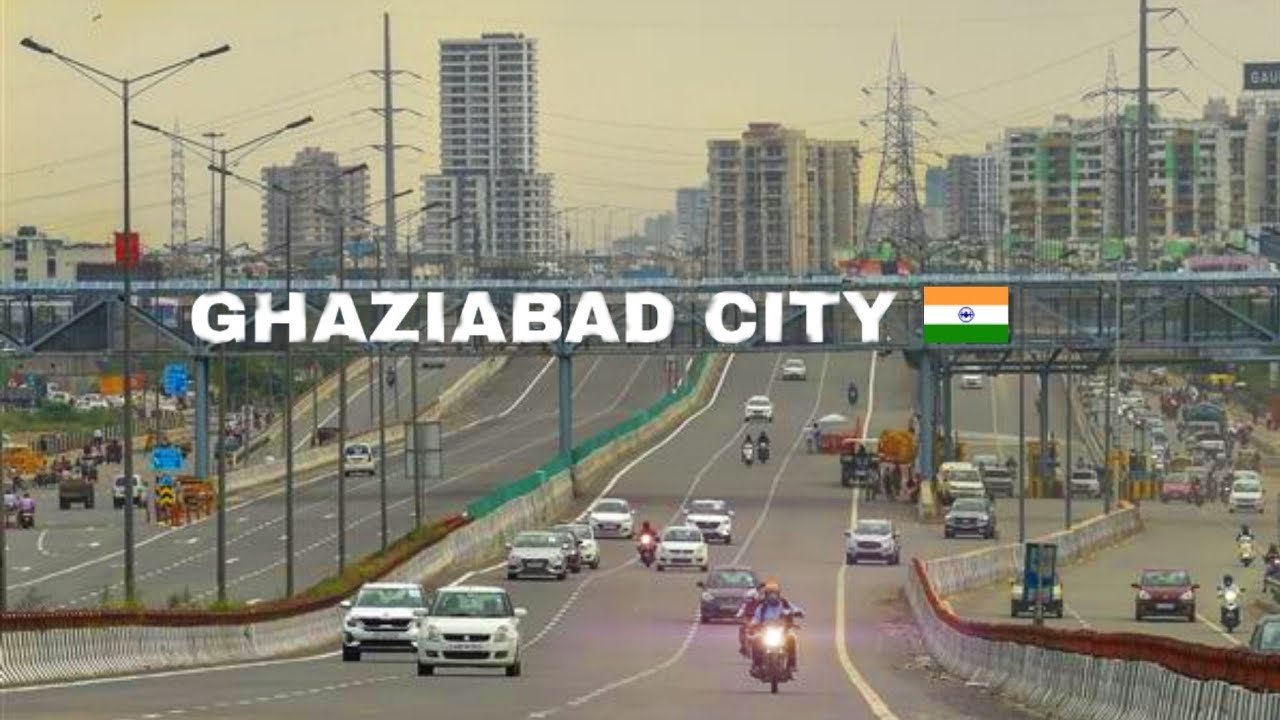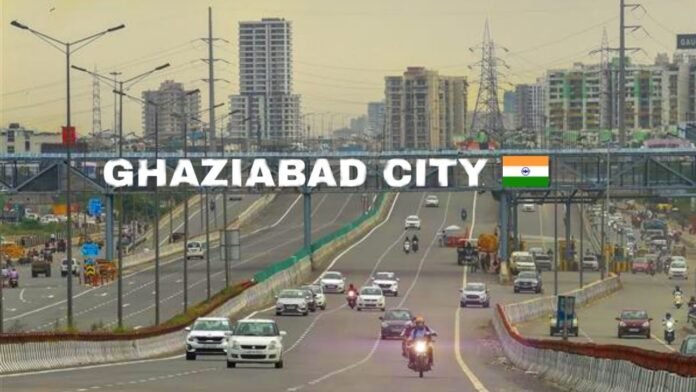Prominent National Capital Region (NCR) city Ghaziabad has grown in popularity as a real estate investment destination, particularly for site purchases. Yet, despite all of its appeal, buying a site in this quickly growing metropolis frequently presents a number of difficulties. Making wise investment selections requires a thorough understanding of these difficulties.

Regulatory and legal obstacles:
A major obstacle when purchasing a Plots in Ghaziabad is negotiating the legal and regulatory environment. Although it can be a difficult and time-consuming procedure, making sure there are clear title deeds and appropriate documentation is crucial. Land record discrepancies, encroachments, and ongoing legal disputes are major problems that purchasers may run into. While rigorous due diligence by qualified legal counsel can help reduce these risks, it also increases the transaction’s total cost and effort.
Ownership Verification:
Another major obstacle is confirming the veracity of the story and the seller’s identity. Fraudulent sales are not uncommon, as people sell plots without the right permission or ownership. Buyers must confirm that the seller has the legal authority to sell the property and double-check ownership facts with local authorities. It can be time-consuming and frustrating to repeatedly visit government agencies and confer with legal professionals, as this typically calls for.
Concerns about infrastructure and development:
Even though Ghaziabad is developing quickly, several parts of the city still lack basic utilities, including water supplies, sewage systems, and roadways. Plot purchases in undeveloped areas may appear inexpensive at first, but they may result in long-term problems and extra expenses for the development of necessities. In order to be sure, they are making a wise decision, prospective buyers need to assess the planned and ongoing infrastructure developments surrounding the plot.
Budgetary and financial restraints:
Getting financing arranged is another difficulty that prospective purchasers encounter. Plot purchases can be financed by banks and other financial organizations, although the approval procedure might be onerous. Plot loans often have a lower loan-to-value (LTV) ratio than home loans; thus, purchasers may need to make a larger down payment arrangement. Plot loans also usually come with higher interest rates, which raises the total cost of borrowing.
Speculation and market volatility:
Like many other fast-rising areas, Ghaziabad’s real estate market is prone to speculation and volatility. Changes in the economy, government policy, and market conditions can all have a substantial impact on property prices. Customers may find it difficult to properly time their purchase due to this uncertainty, which could reduce their return on investment.
Zoning and environmental regulations:
Another crucial element is adherence to zoning and environmental laws. Some plots may be located in restricted zones, where buildings are either prohibited or restricted because of government regulations or environmental concerns. In order to prevent future issues with construction permits and land usage, buyers must be informed of these rules.
Conclusion: Plot purchases in Ghaziabad offer a profitable financial option, but there are drawbacks as well. Key problems that prospective buyers must manage are regulatory compliance, market volatility, infrastructure concerns, ownership verification, and legal complications. In order to reduce these risks and guarantee a profitable investment in the burgeoning Ghaziabad real estate market, careful investigation, due diligence, and expert advice are recommended.












